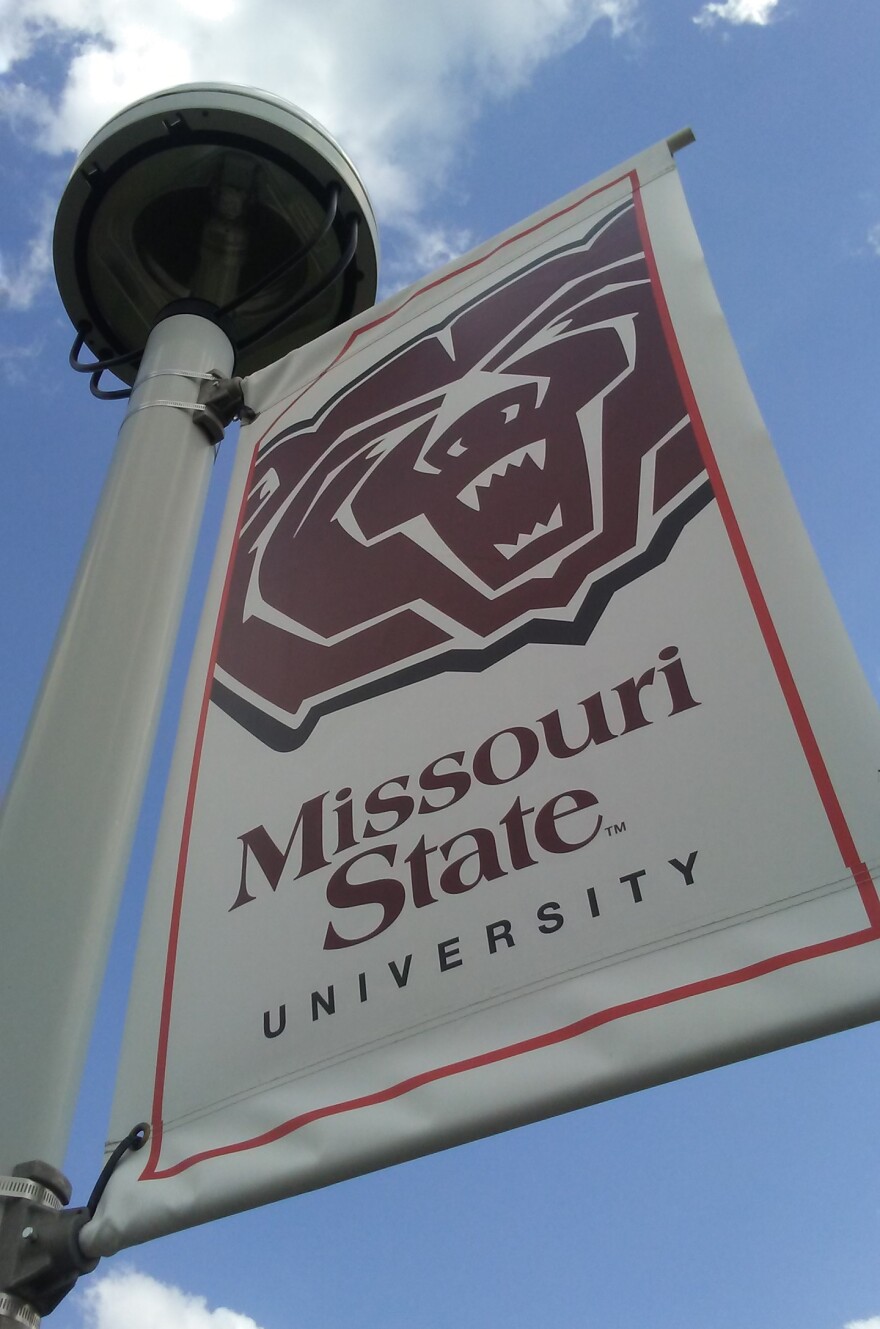As Missouri State University’s emergency preparedness manager, David Hall’s responsibilities include planning for and coordinating during crisis situations on the Springfield campus. He also conducts training throughout the university system.
Hall, the city of Springfield’s former fire chief, has been on the job at MSU since February 1. For starters, he says it’s important to establish a good basis of understanding about the campus.
“It’s about getting out and meeting people, finding out what plans we currently have in place, what gaps do we have that we are trying to fill with new plans or with new training.”
Hall, alongside President Clif Smart, joined KSMU on Engaging the Community to discuss the position.
“Our Board [of Governors] has been particularly concerned with making sure we’re on top of risk,” says Smart, alluding to the increased threat of active shooter scenarios or weather calamities.
He added, “We wanted someone whose sole focus was to make sure we were prepared for those types of events.”
While a new title, the post was restructured for a former position within the Safety and Transportation Office. While emergency preparedness has always been a responsibility at MSU, the position also brought with it other responsibilities like parking and traffic. Now, the job is specifically tailored to emergency preparedness and response.
Given this focus, Hall feels he can take the position to a deeper level.
“I can really take the time to drill down in creating a very in-depth plan. Much of the benefit of planning is the process itself, rather than the end document that comes with it,” says Hall.
Asking questions of various department leaders about existing emergency procedures triggers thinking that may lead to improvements, he says.
What you generally find in those conversations, he adds, is “Often they know what they would do or they’ve already thought through this, but they’ve never necessarily reduced it down… so that in the event of an emergency somebody else can pick that up and be able to look at it and be able to have that check-sheet type situation to where nothing gets dropped through the cracks.”
Smart says the school has recently changed procedures to its mass notification system, which came after an armed robbery inside Hammons Hall in January.
“We’ve already make changes to bring our Communications Department, after that initial mass notification, to run that. So it frees up our experts on the other side to do their job in handling the incident.”
More recently, heavy rains throughout the region served as an opportunity to assess what areas of campus are prone to flooding and at what levels do evacuations become necessary.
“Having that historical knowledge has been very beneficial in that in drafting plans,” says Hall. “So there’s another example of one of those where you can take real time information and then be able to apply it forward.”
Flooding was more significant in south central Missouri. MSU’s West Plains campus had to close for a week, mainly because of flooding to the city and surrounding Howell County. But some university properties did sustain damage.
Hall serves as a technical expert for West Plains, and has been in contact with officials there before and since the flooding. He’ll likely be assisting in potential FEMA reimbursement dollars for the campus should they become available.
One of the highest priorities for Hall currently is updating the university’s emergency operations plan, which identifies involvement of specific personnel with the emergency command center to help make decisions during crisis scenarios.
Smart added, “Safety is the number one issue for parents sending their kids to university and it’s a top three issue for students. We wanna make sure we’re as ready as we can be and as prepared as we can be to provide a safe environment for students.”



